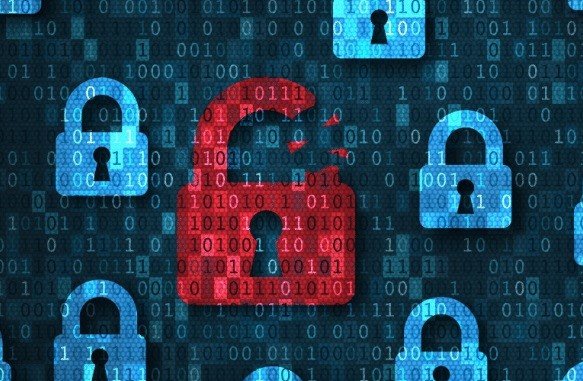The Internet just isn’t what it used to be. Previously, you could browse it to your heart’s content without having to worry about a thing. Now, you’re lucky if your traffic and data make it out alive.

Cyber attacks are on the rise, hundreds of thousands of new malware strains hit the web every day, and hackers are just waiting for you to use public WiFi so that they can spy on all your online communications.
And your privacy isn’t safe either – government agencies are doing everything they can to violate it. Also, your ISP sees every single thing you do online (yes, even if you use Incognito Mode), and they sell that info to the highest bidder.
There’s good news, at least – there are things you can do to protect yourself online:
Use Secure Email Providers
Not all email services are reliable. Popular providers like Yahoo! and AOL actually suffered data breaches. Not to mention they both scan emails for data to sell to advertisers.
And yes, Google does the same thing.
That’s why you need a service that respects your privacy. A secure email provider, like ProtonMail, would be an excellent choice.
The service is completely open-source, and it uses end-to-end encryption, has self-destructing emails, doesn’t log your IP address, and protects your data with privacy-oriented Swiss laws.
Oh, and there are two passwords that protect your account – not just one.
Use a VPN
VPNs are a great way to keep your data safe online.
For starters, they hide your IP address, preventing people from using it to find out personal details about you (where you live, what your ZIP code is, who your ISP is).
Also, a VPN encrypts your traffic, making it completely unreadable to anyone – hackers, ISPs, and government surveillance agencies.

Information security specialist, currently working as risk infrastructure specialist & investigator.
15 years of experience in risk and control process, security audit support, business continuity design and support, workgroup management and information security standards.











